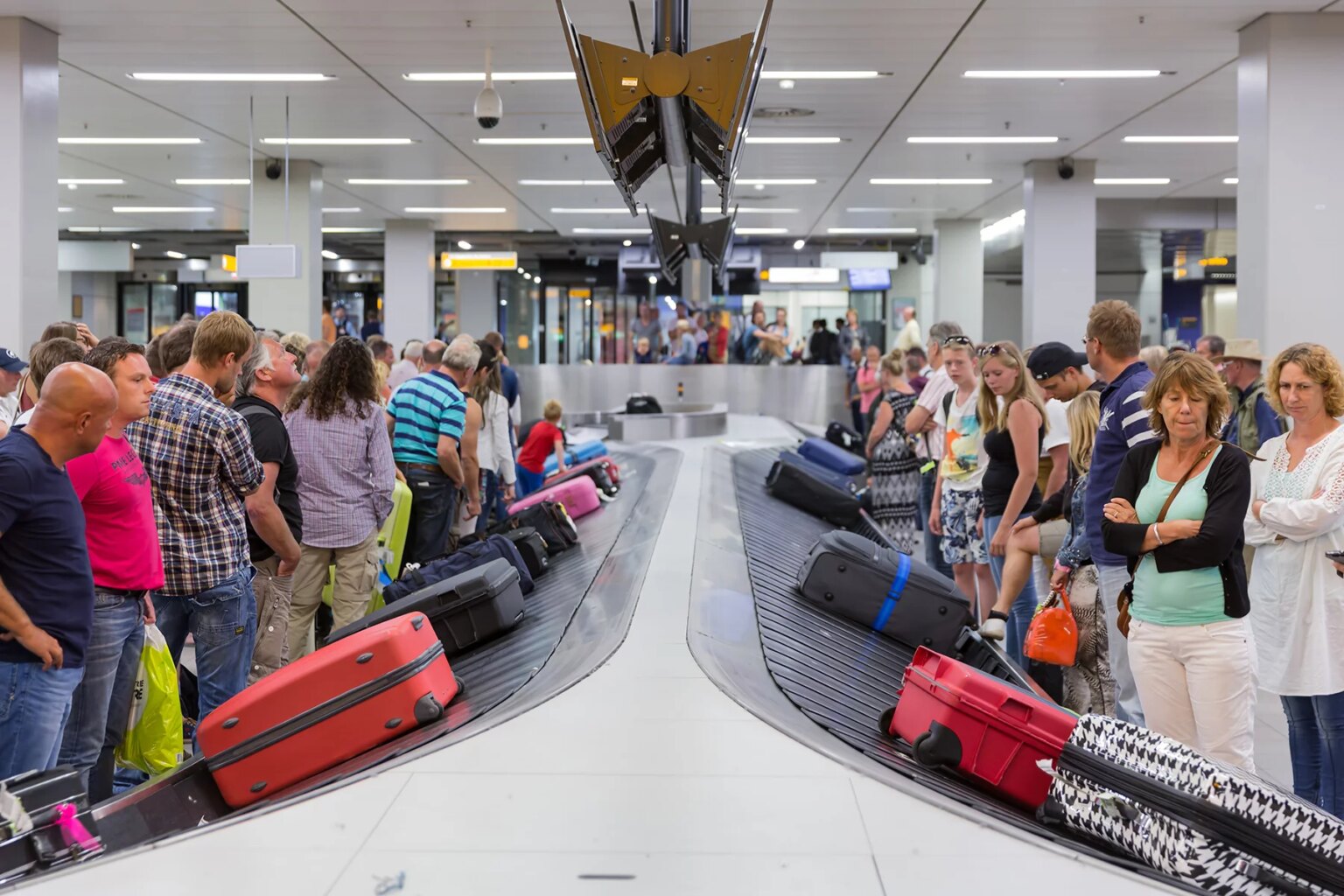
If you have a family member living in the Netherlands, find out if you’re eligible to join them with a family or partner visa.

By Gary Buswell
You can move to the Netherlands to join certain relatives already living there. However, which family members you can join and the process for doing so depends largely on their nationality. You may need to obtain a family visa or permit to stay in the country as a relative or partner.
Find out all you need to know about family and partner visas in the Netherlands by reading the following sections:
Kroes Advocaten Immigration Lawyers is a leading business immigration law firm in the Netherlands. Their clientele praise them for their outstanding client-oriented approach and rapid responses. Kroes Advocaten has an excellent reputation with the Immigration and Naturalisation Service (IND). So, whether you’re a business or individual, get in touch with Kroes Advocaten.
Many people move to the Netherlands each year to join partners and family members. In 2020, Dutch authorities issued 32,460 residence permits for family reunion purposes. This was second only to Brexit-related residence permits.
Similar to other European Union (EU) and European Free Trade Association (EFTA – Iceland, Liechtenstein, Norway, and Switzerland) countries, the Netherlands operates a two-tier immigration system. Those from other EU/EFTA member states can travel freely to the Netherlands and face fewer restrictions when it comes to family members joining them. Those from outside the EU/EFTA will normally need a visa or residence permit.
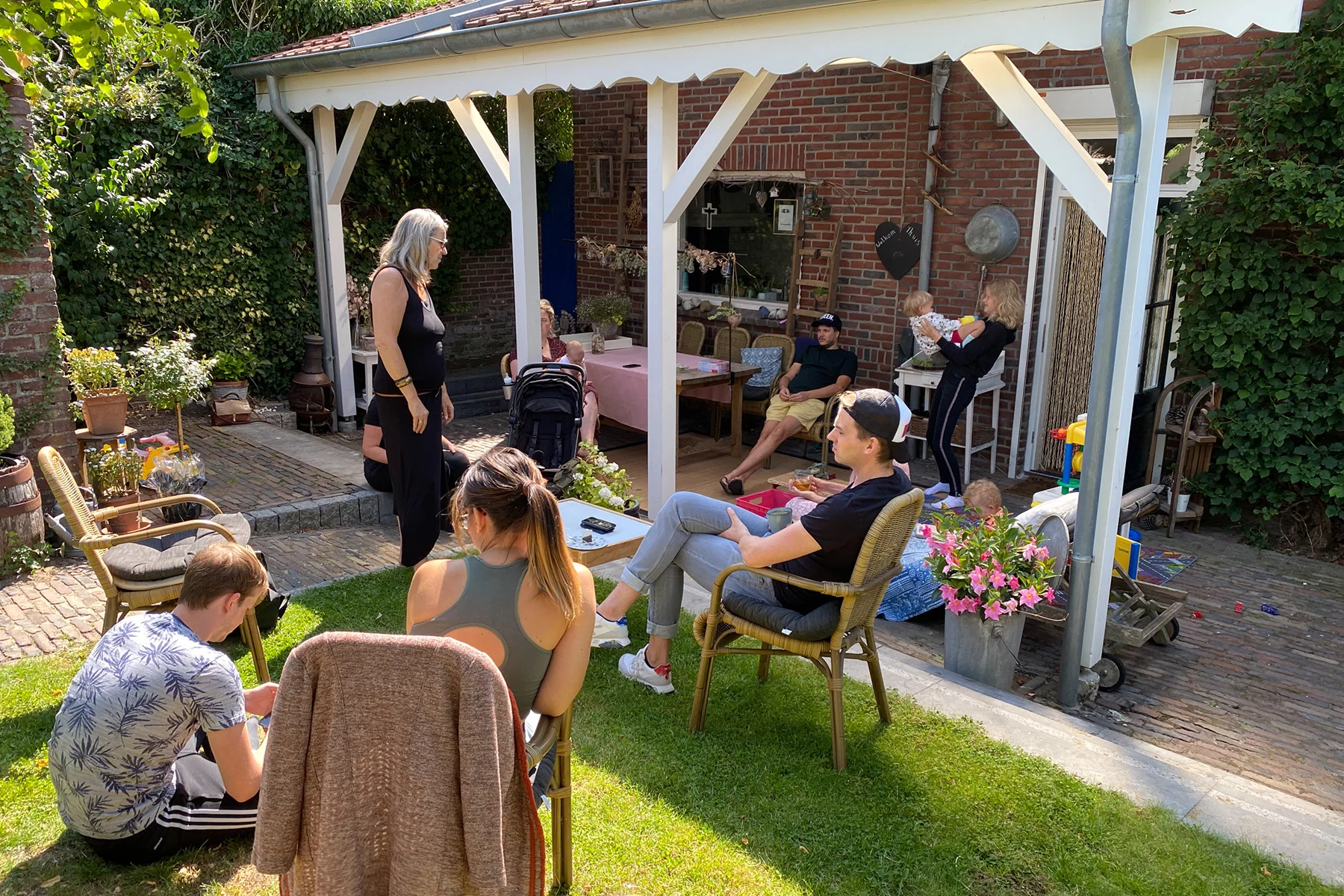
The Immigration and Naturalization Service (Immigratie- en Naturalisatiedienst – IND) is the Dutch government department responsible for all visas and residence permits, including family and partner visas in the Netherlands.
All EU/EFTA citizens can move to the Netherlands without a visa or residence permit. If you come from any EU/EFTA member state, all you need to do is register with your local authority. You will then be entered into the Personal Records Database (Basisregistratie Personen – BRP) and will get a citizen service number (burgerservicenummer – BSN).
Relatives of EU/EFTA nationals living in the Netherlands also don’t need a family visa to join them. This is the case regardless of whether the family member is from the EU/EFTA or a third country. They will simply need to register with the local authorities and apply for verification against EU law with the IND. This applies to the following relatives:
The exception to this is if your relative is a Dutch national. In this case, you will usually need either a combined entry visa/permit (machtiging tot voorlopig verblijf – MVV) or a residence permit.
If you are a third-country national and you have relatives from outside the EU/EFTA living in the Netherlands on either a permanent or temporary residence permit, you can apply for a family visa or permit to join them if you are:
Some non-EU/EFTA nationals, for example, those from Australia, Japan, and the US, can enter the Netherlands without needing to obtain a visa beforehand. However, they will need to apply for a Dutch residence permit for family purposes shortly after arriving in the Netherlands. All other third-country nationals need to apply for a combined entry visa and provisional residence permit (MVV) before traveling to the Netherlands.
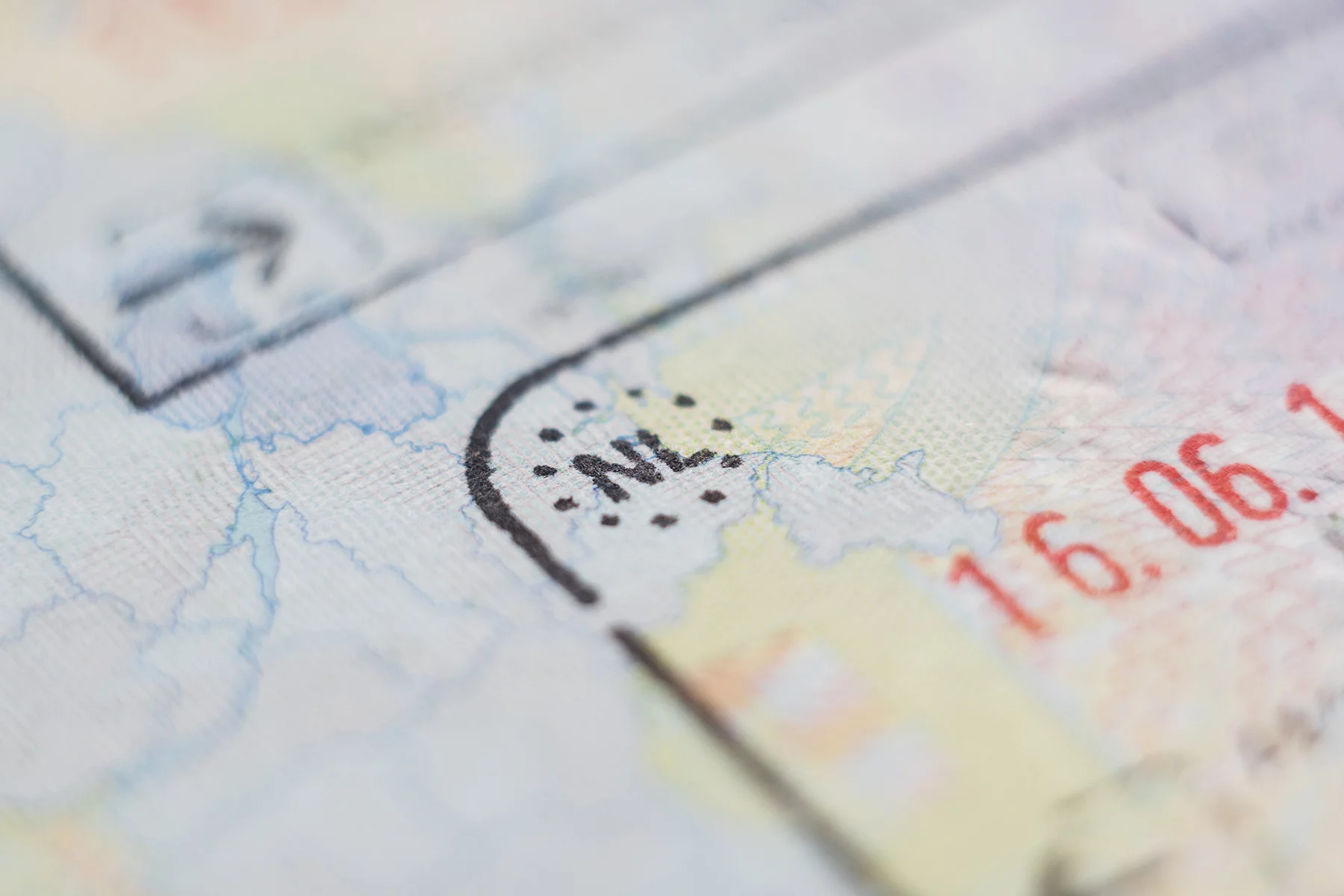
Dutch visas: how to immigrate to the Netherlands
You can check your situation on the Dutch government’s Netherlands Worldwide website.
Since leaving the EU on 1 January 2021, the UK has been subject to immigration controls in all EU/EFTA countries. British citizens can travel and stay in the Netherlands for up to 90 days without a visa or permit. However, they will need a Dutch residence permit for family purposes if they stay for longer than three months. This is available to spouses/partners and children under 18.
If you are a UK national who was already living in the Netherlands on a residence permit before 1 January 2021, you can benefit from the terms of the Brexit Withdrawal Agreement if you have applied for a residence document to stay in the country. This means that certain relatives can join you under the family reunion program as long as they apply no later than 30 September 2022. This applies to the following relatives:
Family members can apply for a temporary residence permit under the Withdrawal Agreement (valid for five years) through the IND. Costs are €69 for adults and €37 for children.
Read more about family reunification after Brexit on the IND website. See more general information about coming to the Netherlands after Brexit on the IND website and the UK government website.
You can apply for a partner visa in the Netherlands if you are the spouse, registered partner, or are in an exclusive long-term relationship. In addition to this, you or your partner must fulfill the following conditions:
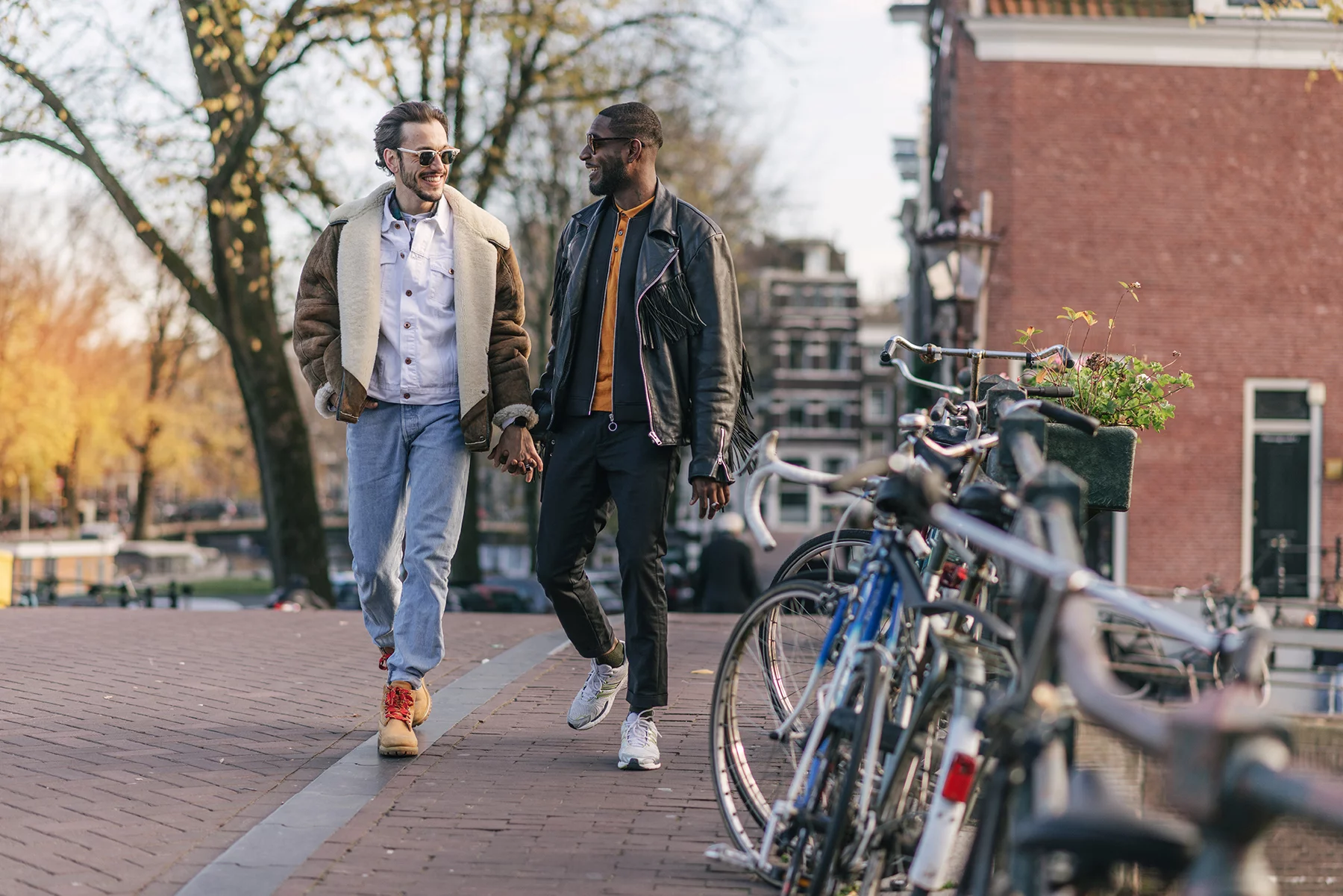
Your Netherlands partner visa/permit is usually valid for the same length of time as your partner’s permit, up to a maximum of five years. If your partner is a Dutch national, your permit will be valid for five years.
You can apply for an extension to your permit when it expires, as long as you still meet all the conditions. After five continuous years of residence, you may be eligible for permanent residence or Dutch citizenship.
As a rule, family members receive the same employment rights and can access the same social security as their sponsoring relative. Therefore, if your partner has a work permit, you will also be entitled to a permit to work in the Netherlands. You do not need a work permit if your partner is:
You cannot work if your partner is in the Netherlands on a study visa.
In addition to entitlements, there are also certain obligations that both you and your partner must meet while in the Netherlands.
Either you or your partner (as your sponsor) can make your visa/permit application. If you need an MVV provisional permit to enter the Netherlands, you can apply for yourself through the Dutch embassy or consulate in your home country. Alternatively, your partner can apply on your behalf through the IND. If you are MVV-exempt, you just need to apply for your Dutch residence permit from the IND when you arrive in the Netherlands.
You will typically need to provide (translated into Dutch, English, French, or German):
You can apply online if you are inside the Netherlands and have DigiD. The IND will process the application within 90 days. If you are successful, you can pick up your MVV permit from your Dutch embassy or consulate, or your residence permit from your local IND office.
The cost of the partner visa in the Netherlands is currently €207.
You can apply for a child visa in the Netherlands if you are under 18 and are the biological, adopted, or foster child of a Dutch national or non-EU/EFTA national with a long-stay Dutch residence permit. In addition to this, you or your parent must fulfill the following:
Your visa/permit is usually valid for the same length of time as your partner’s permit, up to a maximum of five years. If your parent is a Dutch national, your permit will be valid for five years.
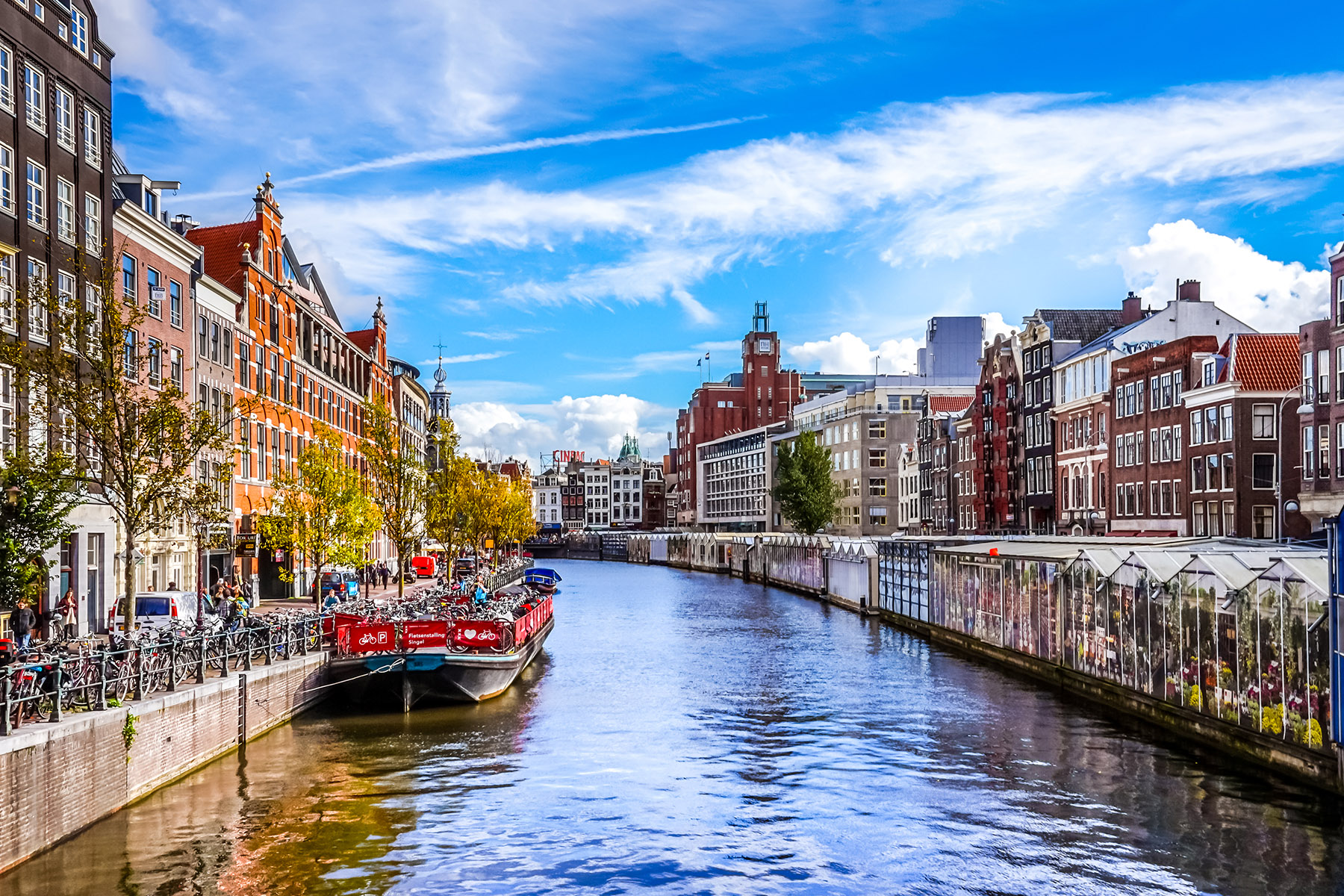
Permanent residence in the Netherlands
You can apply for an extension to your permit when it expires, as long as you still meet all the conditions. After five continuous years of residence, you may be eligible for permanent residence or Dutch citizenship.
As a rule, family members receive the same employment rights and can access the same social support as their sponsoring relative. Therefore, if your parent has a work permit, you will also be entitled to a permit to work in the Netherlands. However, bear in mind that school-age children can only take up part-time work out of school hours. You do not need a work permit if your parent is:
You cannot work if your parent is in the Netherlands on a study visa.
In addition to entitlements, there are also certain obligations that both you and your parent must meet while in the Netherlands. Also, bear in mind that all children in the Netherlands must attend school between the ages of five and 16.
Either you or your partner (as your sponsor) can make your visa/permit application. If you need an MVV provisional permit to enter the Netherlands, you can apply for yourself through the Dutch embassy or consulate in your home country. Alternatively, your partner can apply on your behalf through the IND. If you are MVV-exempt, you just need to apply for your Dutch residence permit from the IND when you arrive in the Netherlands.
You will typically need to provide (translated into Dutch, English, French, or German):
You can apply online if you are inside the Netherlands and have a DigiD. The IND will process the application within 90 days. If you are successful, you can pick up your MVV permit from your Dutch embassy or consulate, or your residence permit from your local IND office.
This visa currently costs €69.
The parent visa of a minor Dutch child is for non-EU/EFTA parents (including step, adoptive and foster parents) of children under 18 with Dutch nationality.
This visa is usually valid for up to five years or when your child reaches the age of 18, whichever comes first. After five years, you can renew your permit or may be eligible to apply for Dutch permanent residence.
You can usually work without the need for a permit on this visa. Additionally, you can access Dutch social security and healthcare.
You need to apply for verification against EU law on the basis of parental care for a minor Dutch child. You can do this through the IND from inside the Netherlands unless you are from a country that needs a short-stay entry visa. If this is the case, you will need a Schengen Category C short-stay visa from the Dutch embassy or consulate in your home country.
The documents you need to provide are:
If you are successful, you can pick up your MVV permit from your Dutch embassy or consulate, or your residence permit from your local IND office.
This visa costs €69.
If you want to visit family members for less than three months, you can apply for a Schengen Category C tourist visa which covers family visits. This costs €80, or €40 for children aged 6-18. Children aged under six can apply for free. You only need to obtain this visa if you are from a country with entry visa controls for the Netherlands. Otherwise, you can stay with relatives for up to three months without the need for a visa or permit.

Dutch visas: how to immigrate to the Netherlands
You cannot extend the short-stay tourist visa unless in exceptional circumstances. However, you can use it for up to 180 days as long as you only stay in the Netherlands for a maximum of 90 days. This means that you can use the visa to cover two or more stays across a six-month period as long as the total stay doesn’t exceed 90 days.
For stays of longer than three months, you will need to apply for a long-stay family visa or permit.
Spouses/partners and children under 18 can usually join family members on a long-stay visa or residence permit in the Netherlands on the same basis as non-EU/EFTA nationals with Dutch permanent residence. The following need to have lived in the Netherlands for one year before relatives join them:
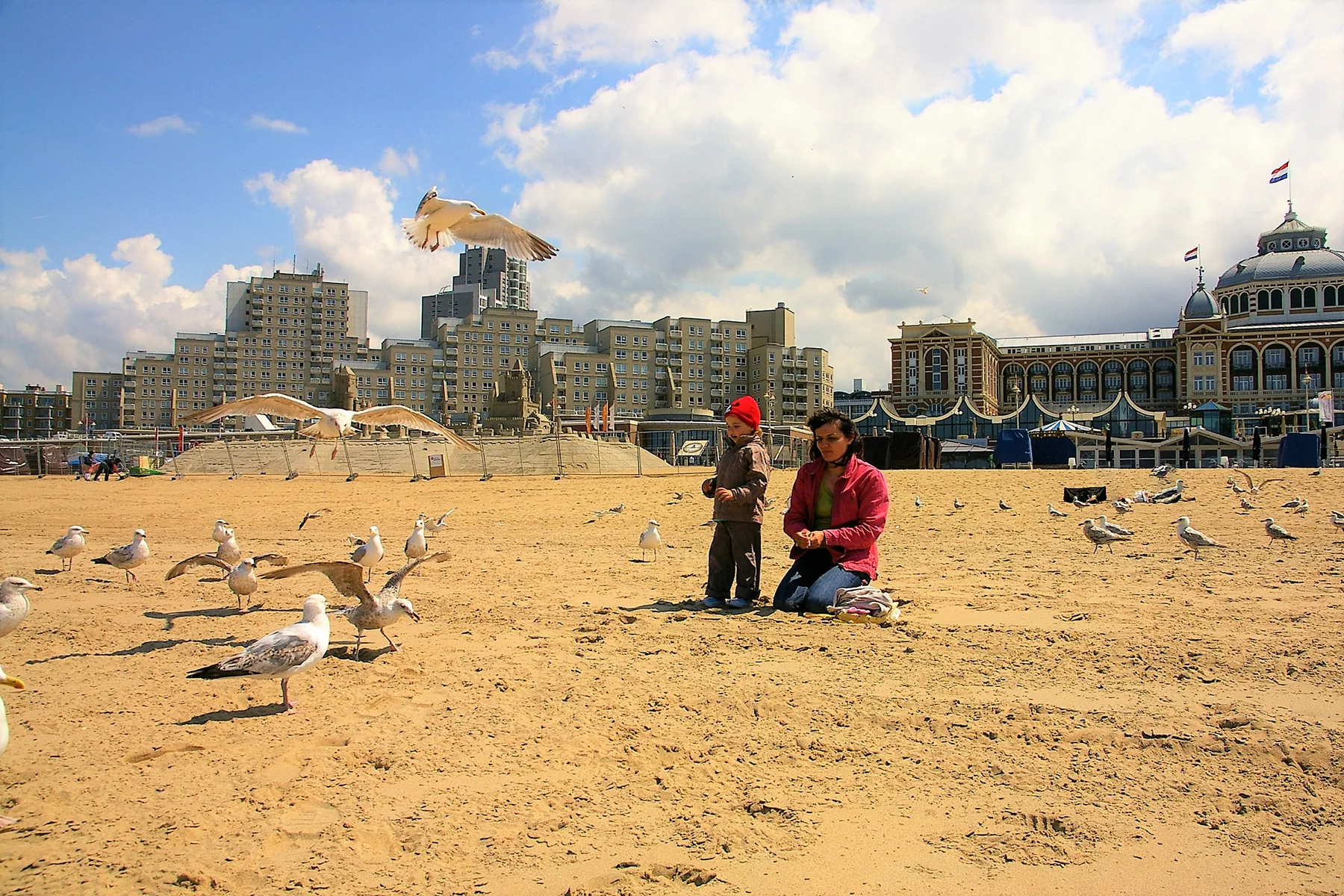
Your family members cannot join you if you have one of the following temporary visas or permits:
If your relative has been granted a residence permit as a refugee in the Netherlands, you can apply to join them if you are:
You must make your family reunion application within three months of your relative getting their residence permit. Otherwise, you will have to make a general family visa application. In addition to this, your family relationship must have existed before you arrived in the Netherlands.
The application is free, and you can make it through the same channels as a standard family visa application. You need to apply for an MVV, valid for 90 days upon arrival. This can then be exchanged at the IND for a temporary residence permit valid for five years. To apply, you must have a clean criminal record, take out health insurance and undergo a Dutch civic integration course.
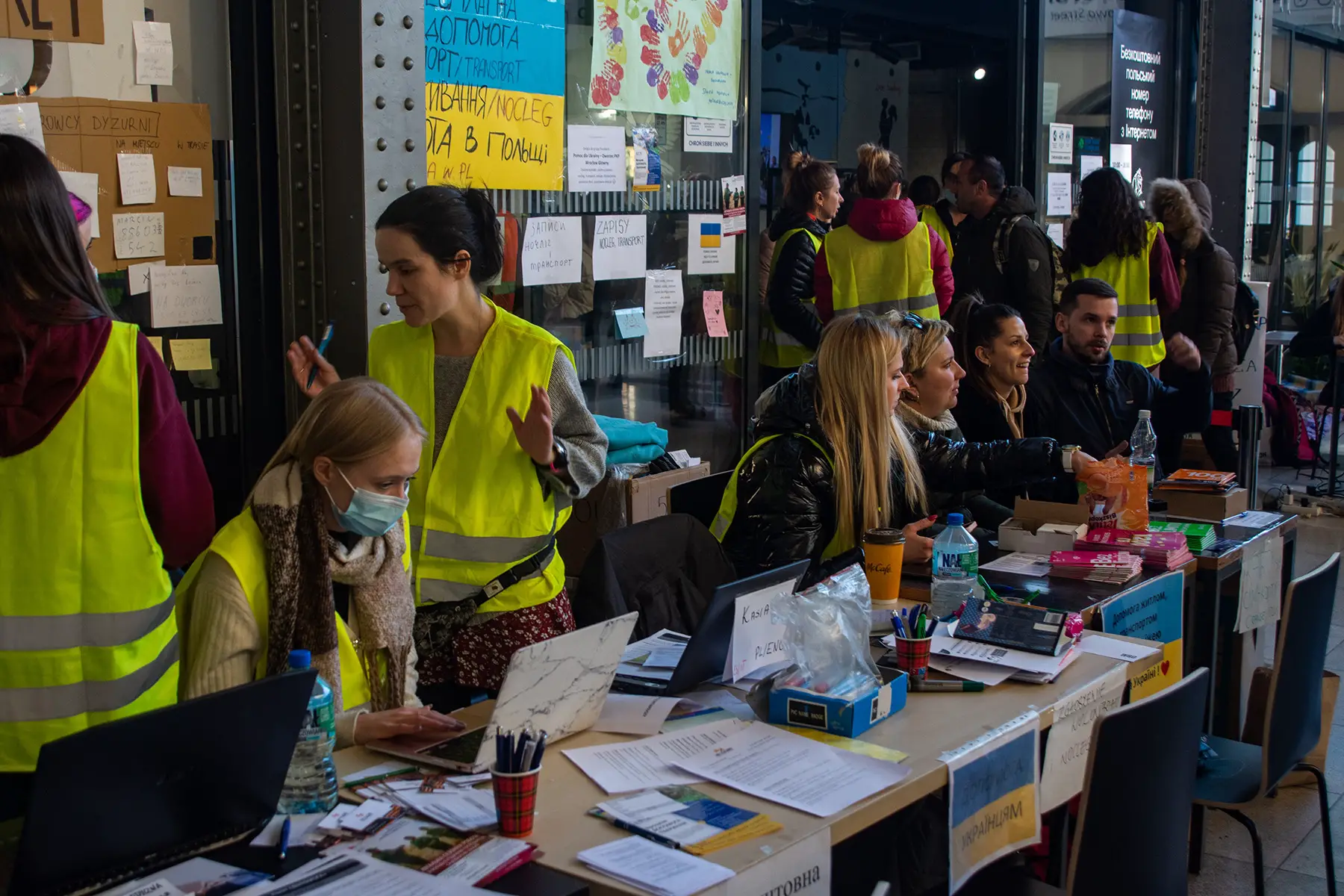
How you can help refugees
After five years of continuous residence in the Netherlands, you may be eligible to apply for permanent residence or even Dutch citizenship.
When you arrive in the Netherlands on a family visa or residence permit, you will need to either pick up your permit or exchange your MVV for a temporary residence permit from the IND. You will also need to register with your local authority records database (BRP) to get your BSN. You need to do this within four months of arriving.
Other things you may want to sort out within the first few weeks of arriving are:

10 things to do during your first week in the Netherlands
If your circumstances in the Netherlands change at any point, you should inform the IND as soon as possible.
If your situation changes at any point while you are on your family visa in the Netherlands, you must inform the IND as soon as possible. You may be able to apply for a different residence permit in the event of divorce, separation, or death of a family member who is your visa sponsor.
If you come to the Netherlands on a family visa/permit as a spouse or partner and you divorce or separate, you can usually get your own independent residence permit if you meet one of the following conditions:
Suppose a divorce results in a child under 18 no longer living with the parent who sponsored their family visa. In that case, if they have lived on a temporary residence permit for a year or more, they usually qualify for an independent residence permit.
In the event of the death of a relative, you can usually stay in the Netherlands on an independent residence permit if your main residence was and still is the Netherlands.
The IND makes the final decision on applications for visas, permits, citizenship, and asylum. If the IND rejects your application for a family visa in the Netherlands and you feel this is unfounded, you can appeal the decision within four weeks of receiving it. You need to send a written objection that clearly details your reasons for your appeal.
The IND will review your appeal and reach a decision within 6-19 weeks. In certain complicated cases, the process may take up to 25 weeks. If the original decision is upheld and you are still unhappy, you can take the matter to a Dutch court (information in Dutch).
If you want to make a general complaint to the IND, you can do so using an online form. Make sure you give full details about what you’re complaining about and what you want the outcome to be.
The IND has six weeks to respond to your complaint. If you are not happy with the complaint, you have two options:

Based in London, Gary has been freelancing for Expatica since 2016. He’s had various past lives as a community worker, a record store owner, and even a brief stint as a postman before pursuing a career as a writer/editor.




The Netherlands is home to some of the world's top universities. Learn all about the different subjects available at Dutch institutions.

Confused by the primary school system in the Netherlands? We explain how it works, from educational approaches to international options.

We explain the complex secondary school system in the Netherlands, including the three public streams and various international options.